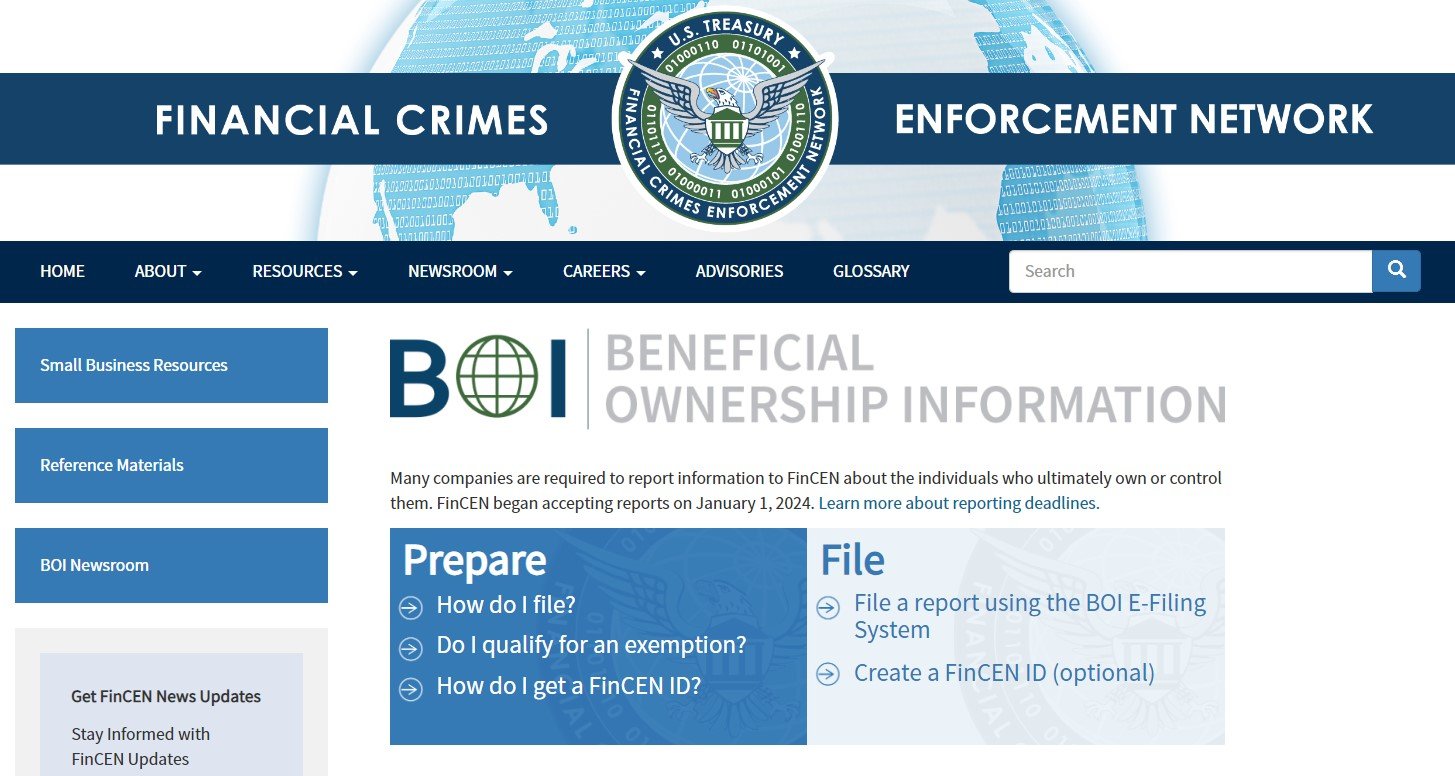Classifying workers correctly is one of the most important things you can do as a business owner. It affects everything from payroll and taxes to legal compliance and employee trust. The rules are not always clear but getting them wrong can cost you. This guide breaks it down step by step, so you can make smart decisions, stay compliant, and build your team with confidence.
Contents |
| Employee or Contractor |
| Exempt or Non-Exempt |
| Hourly or Salary |
| What should I keep on file? |
| How can I stay out of trouble as my team grows? |
Employee or Contractor
Why does worker classification keep so many people up at night? Because it impacts everything from your taxes and benefits to how protected you are from lawsuits and even how your brand is perceived. Get it wrong, and you could be hit with back taxes, unpaid benefits, and hefty penalties years down the line.
Here’s a quick and simple gut-check. Ask yourself:
Who calls the shots?
If you’re dictating how, where, and when the work gets done, that usually points to an employee relationship. Contractors, on the other hand, tend to work on their own schedule and use their own methods.
What about tools and risk?
Contractors typically use (and pay for) their own equipment and carry their own business risks, like insurance. Employees usually use what you provide and aren’t personally shouldering those risks.
How close is the relationship?
Is this an ongoing, exclusive thing? That’s more like an employee. Contractors tend to work project by project and often juggle multiple clients.
| 🔎Quick tip: Unsure? Err on the side of caution and chat with an expert. And don’t be fooled by job titles or paperwork; if the reality looks like employment, a contract alone won’t save you. |
Exempt or Non-Exempt
“Exempt” and “non-exempt” can sound like legal mumbo-jumbo, but it boils down to this:
- Exempt: No overtime required
- Non-exempt: Overtime kicks in if the person works more than 40 hours in a week
To be exempt, a person has to clear two main hurdles:
How They are Paid
They must be on a true salary (not paid by the hour), and the pay needs to meet minimum thresholds.
What They Really Do
Federal and Florida laws have similar exemptions from minimum wage and overtime pay requirements for certain roles. These exemptions require employees to meet specific criteria related to job duties and, in many cases, salary. The minimum salary for most exempt roles is currently $684 per week, but there are some exceptions.
- Executive
Employees whose primary duty is managing the enterprise or a department, and who regularly direct the work of at least two other employees, and have the power to hire, fire, or influence employee status. - Administrative
Employees whose primary duty is office or non-manual work directly related to management or general business operations, and who regularly exercise discretion and independent judgment. - Professional
Employees whose primary duty requires advanced knowledge in a field of science or learning, or involves work requiring invention, imagination, originality, or talent in a recognized field of artistic or creative endeavor. - Outside Sales
Employees whose primary duty is making sales or obtaining orders or contracts for services or facilities, and who are customarily and regularly engaged away from the employer's place of business. - Computer
Employees in computer-related occupations who are paid on a salary or fee basis at a rate not less than $684 per week, or on an hourly basis at a rate not less than $27.63 per hour. - Highly Compensated Employees
Employees who earn at least $107,432 per year and perform at least one of the duties of an executive, administrative, or professional employee.
Remember, many states have their own (sometimes stricter) rules, so if you’re on the fence, double-check local laws. If you mess this up, you could owe several years’ worth of overtime, plus penalties and interest.
Hourly or Salary
Wondering whether to pay someone hourly or by salary? Here’s the tradeoff in a nutshell:
Hourly:
- Great for variable workloads or shifting schedules
- A must for non-exempt jobs (those who qualify for overtime)
Salary:
- Predictable; good for budgeting and for steady, responsible jobs
- Works best for exempt employees, especially when hours are regular or flexible with more responsibility
Just because you put someone on a salary doesn’t make them exempt from overtime. They need to meet both the “duties” and “salary” criteria first.
| 💸Rule of thumb: Pay hourly for non-exempt roles and reserve salary for truly exempt positions. |
What should I keep on file?
Documentation isn’t just clerical busywork. It’s your shield if questions ever arise from the IRS, a disgruntled worker, or anyone else. Make sure you have:
- Actual job descriptions that match what people do every day, not just lofty titles
- Written agreements that accurately reflect your working relationship
- Clear records showing why you classified and paid each person the way you did
- Semi-regular reviews as roles or business needs shift
Someone who seems happy today may become unhappy later. Get everything in writing to protect yourself.
How can I stay out of trouble as my team grows?
There are a few habits worth adopting as you grow:
- When in doubt, check with an HR professional or employment lawyer. This is extra important if you have remote workers in different states or unusual roles.
- Set a recurring date for a “classification check-up.” Jobs evolve, and rules do too.
- Keep the communication lines open. Encourage questions and be ready to revisit pay or duties if things start to drift.
- Stay on your toes. Laws change, and your business isn’t standing still either.
Most problems stem from honest mistakes, not malice. Being proactive and unafraid of asking questions helps you nip issues in the bud.
The Bottom Line
Take it step by step, focusing on the facts for each role. Don’t just trust job titles or templates; when things aren’t crystal clear, getting another opinion can save you hassle (and cash) down the road. Document your thinking, keep up with changes, and remember that you don’t need to have every HR answer locked down. You just need to know where to look or whom to ask.
So, check your current setups, keep your records fresh, and don’t hesitate to call in a pro for peace of mind. You can grow your team by staying curious and informed.








